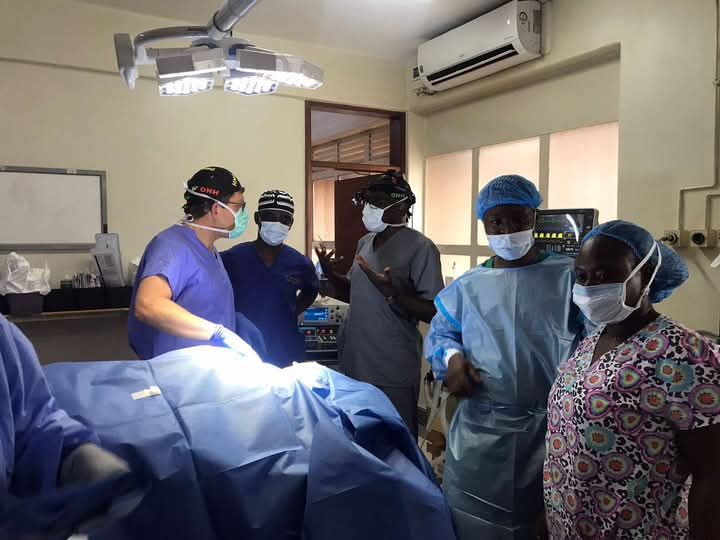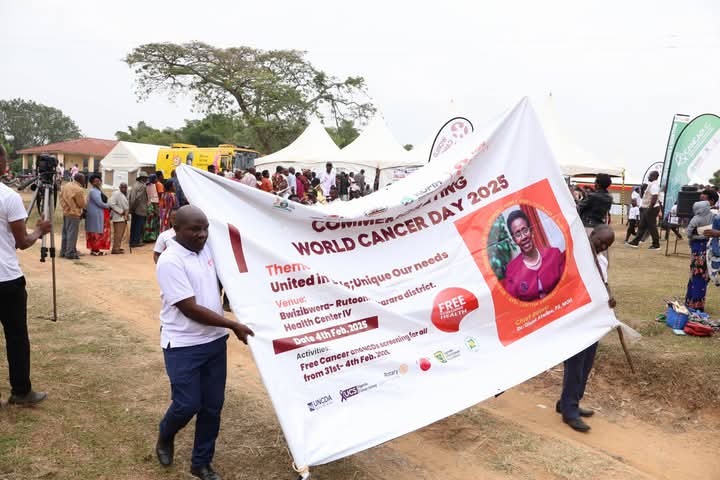Robust awareness programs making real progress in fight against cancer, says Uganda Cancer Institute
Notably, the screening program has also made significant inroads among HIV-positive women, who face a higher risk of cervical cancer. Over 6,000 HIV-positive clients were screened in 2024, with nearly 4,000 more already reached in 2025.

The fight against cervical cancer in Uganda is gaining serious momentum, with thousands of women already screened in a nationwide push led by the Uganda Cancer Institute (UCI) and backed by international partner, the Korea Foundation for International Healthcare (KOFIH).
Speaking during a press briefing in Kampala, Dr. Jackson Oryem, Executive Director of UCI, revealed that robust awareness, screening, and early detection campaigns have been rolled out across Kampala District, Mbarara District, and Mbarara City areas identified as key in the battle against the country’s leading cause of cancer-related deaths among women.
“We are making real progress,” said Dr. Oryem. “With the support of partners like KOFIH, our screening efforts are reaching more women, especially those at highest risk, and helping us detect cancer early when it is most treatable.”
Data from 2024 and 2025 shows over 13,000 women have been screened in Kampala alone. In 2024, 8,344 women underwent screening, with 692 testing positive for HPV and 559 showing positive results through Visual Inspection with Acetic Acid (VIA). By May 2025, an additional 4,910 women had been screened, demonstrating the growing trust in and reach of the initiative.
Notably, the screening program has also made significant inroads among HIV-positive women, who face a higher risk of cervical cancer. Over 6,000 HIV-positive clients were screened in 2024, with nearly 4,000 more already reached in 2025.
The program’s success in Kampala is now being replicated in Mbarara District and Mbarara City, where screening sites are being set up in collaboration with regional hospitals and community health centers. These efforts are complemented by intensive community mobilization campaigns and training of local health workers to ensure sustainability.
Dr. Oryem reaffirmed UCI’s commitment to meeting the World Health Organization’s 90-70-90 targets to eliminate cervical cancer as a public health threat, aiming for 90% HPV vaccination among girls by age 15, 70% of women screened by 35 and again by 45, and 90% of those with the disease receiving treatment.
“The road ahead is long, but our pace is steady,” he said. “With every woman screened, every health worker trained, and every community engaged, we are moving closer to a future free of cervical cancer.”
As Uganda pushes forward with determination, the call is clear, all hands on deck from government and international partners to communities and families to protect the lives of women and girls across the country.








